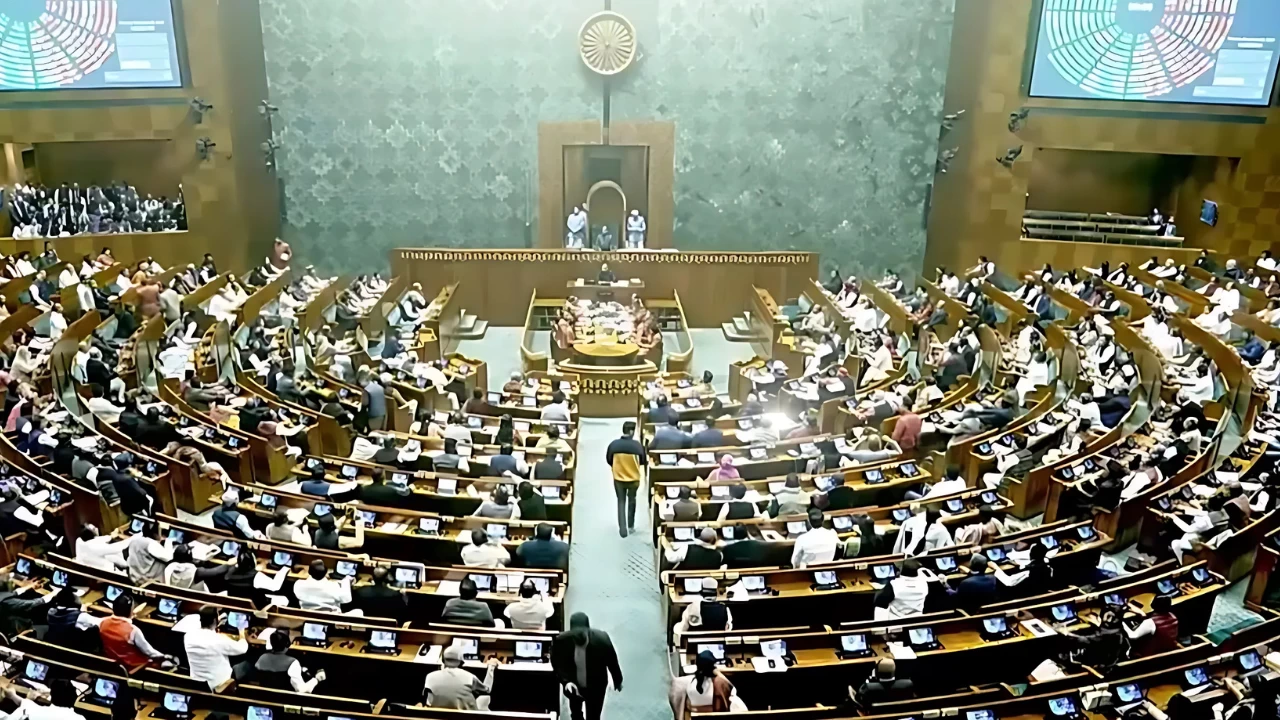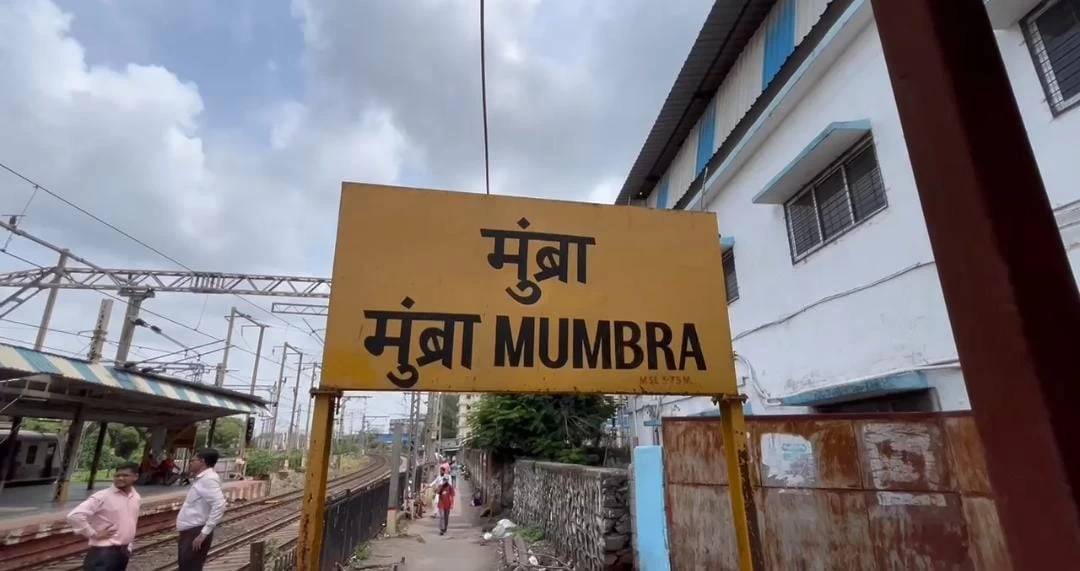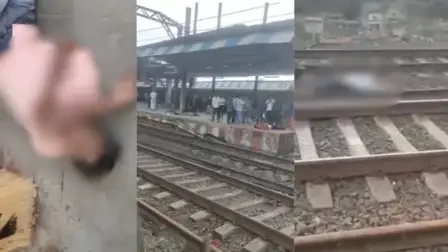Latest Updates
Parliament Winter Session Ends amid Controversy and Low Productivity: Lok Sabha at 58%, Rajya Sabha at 40.03%

The Parliament concluded its Winter Session on Friday with a significant drop in productivity, as the Lok Sabha recorded only 58 percent output, while the Rajya Sabha’s productivity was even lower at 40.03 percent. The session, which began on November 25, was marked by heated debates, the introduction of two major bills on simultaneous elections, and a massive political controversy over Union Home Minister Amit Shah’s remark on Dr BR Ambedkar.
The final day saw Speaker Om Birla adjourn the Lok Sabha within just three minutes, amid ongoing tensions between the ruling NDA and opposition INDIA bloc. The customary summing up of the session’s highlights was skipped due to the unresolved issues and confrontations from the previous day. In contrast, the Rajya Sabha's adjournment was relatively smoother, with opposition parties permitting Chairman Jagdeep Dhankhar to deliver his valedictory remarks before the House was adjourned.
The Lok Sabha's productivity during the Winter Session was recorded at just 58 percent, a sharp decline from the usual 100 percent. Rajya Sabha’s productivity was even lower, at 40.03 percent, with the House functioning for only 43 hours and 27 minutes. In his concluding remarks, Rajya Sabha Chairman Jagdeep Dhankhar urged parties to rise above political differences and restore the sanctity of parliamentary proceedings, despite opposition allegations of his partisan approach. The session, which began on November 25, saw significant disruptions, contributing to the low productivity rates.
Landmark Bills
Despite the political upheaval, five bills were introduced in the Lok Sabha, with four passing successfully, while the Rajya Sabha passed three bills. A special session was also held on Constitution Day, November 26, to mark the 75th anniversary of India's Constitution. During this session, Prime Minister Narendra Modi and Home Minister Amit Shah took the opportunity to sharply criticize the Congress, particularly the Nehru-Gandhi family, for their alleged role in “mutilating” constitutional values.
However, the remarks by Shah, which were seen by some as insulting to B.R. Ambedkar, sparked protests from opposition parties. These protests quickly escalated, with opposition MPs accusing the government of undermining Ambedkar’s legacy. In response, BJP-led NDA MPs held counter protests, accusing the Congress of ignoring Ambedkar’s contributions during its long tenure in power.
Clashes and FIRs
Thursday saw clash between MPs from rival parties, resulting in two BJP members being hospitalized. Police filed a case against Congress Leader of the Opposition Rahul Gandhi, accusing him of inciting the violence that led to the injuries of BJP MPs. Both the BJP and the opposition parties filed breach of privilege motions against each other’s leaders in response to the altercations, further deepening the divide.
Simultaneous Elections Bills and Divided Opinions
The major legislative highlight of the session was the introduction of two bills— the Constitution (One Hundred and Twenty-Ninth) Amendment Bill and the Union Territories Laws (Amendment) Bill— aimed at implementing simultaneous elections for the Lok Sabha and state assemblies. These bills were introduced on December 17 and referred to a 39-member Joint Parliamentary Committee for further scrutiny. The proposal has sparked intense debate and division among political parties, with the opposition expressing concerns about its timing and potential implications for the electoral process.
Opposition’s Growing Discontent with Rajya Sabha Chairman
In addition to the clashes and protests, tensions also rose within the Rajya Sabha over the leadership of Chairman Jagdeep Dhankhar. Opposition parties, accusing Dhankhar of bias in favor of the government, submitted a motion to remove him from his post. The motion, which had been signed by at least 60 opposition members, was swiftly rejected by Rajya Sabha Deputy Chairman Harivansh, who criticized it as an act of impropriety.
Parliamentary Affairs Minister Kiren Rijiju, speaking at a press conference, blamed the opposition, particularly the Congress, for the disruptions. "Their continuous protests, despite earlier agreements to allow Parliament to function, were the main reason behind the session’s low productivity," he said. Rijiju called on all parties to reflect on the situation and emphasized his commitment to continuing discussions with opposition leaders to ensure smoother operations in future sessions.









